Improvement Resource Type: Thematic Report
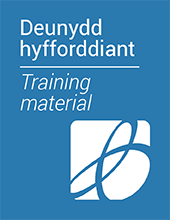

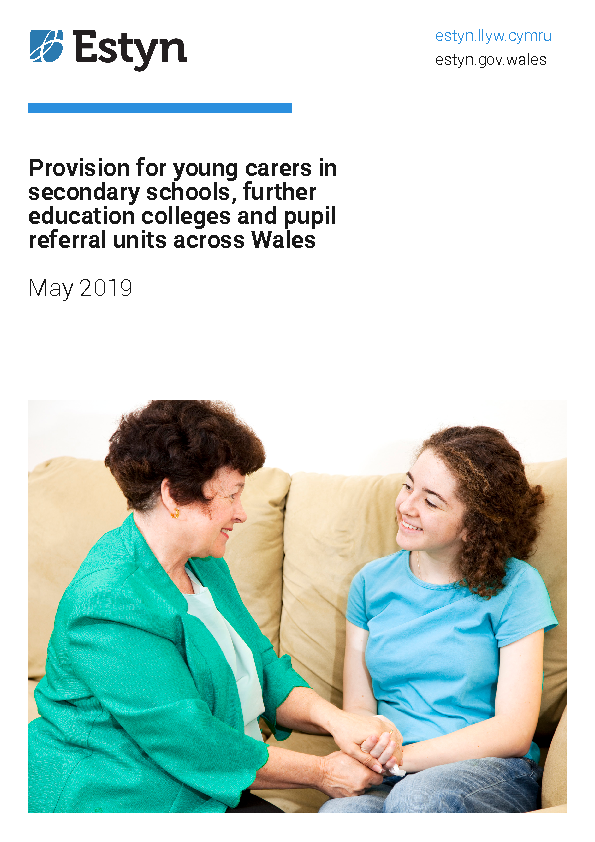
Secondary schools, colleges and PRUs should:
Local authorities should:
The Welsh Government should:
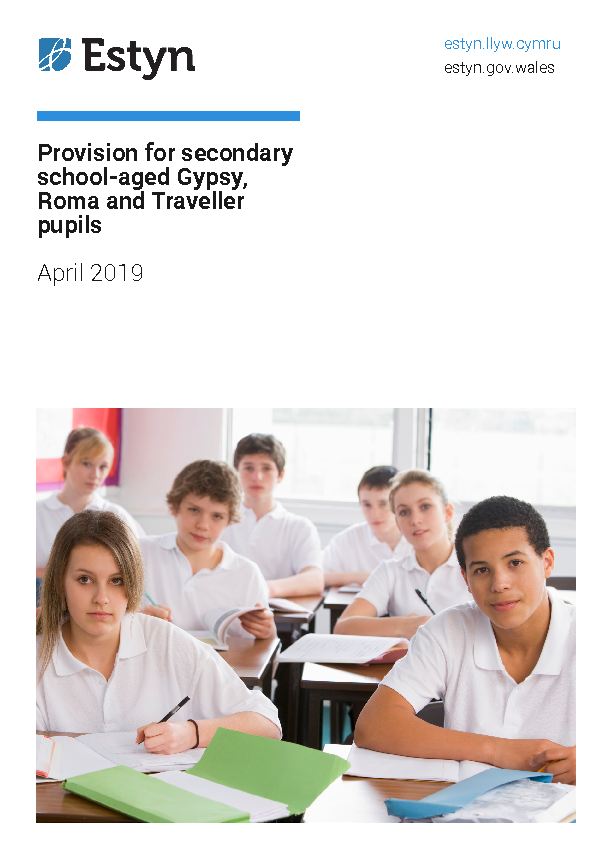
Local authorities and schools should:
R2 Ensure that anti-bullying and equality policies take account of the specific needs of GRT pupils*
The Welsh Government should:
* Recommendation in the 2005 and 2011 Estyn reports
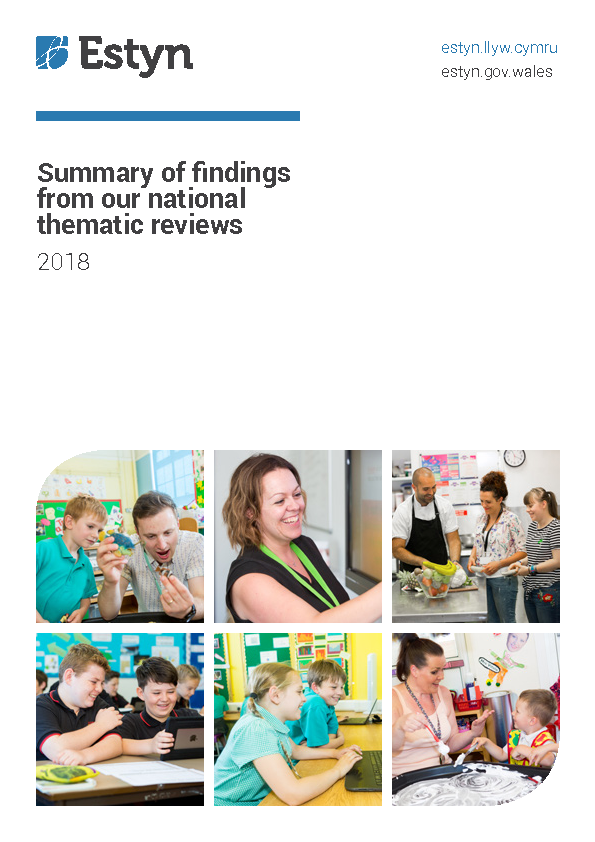
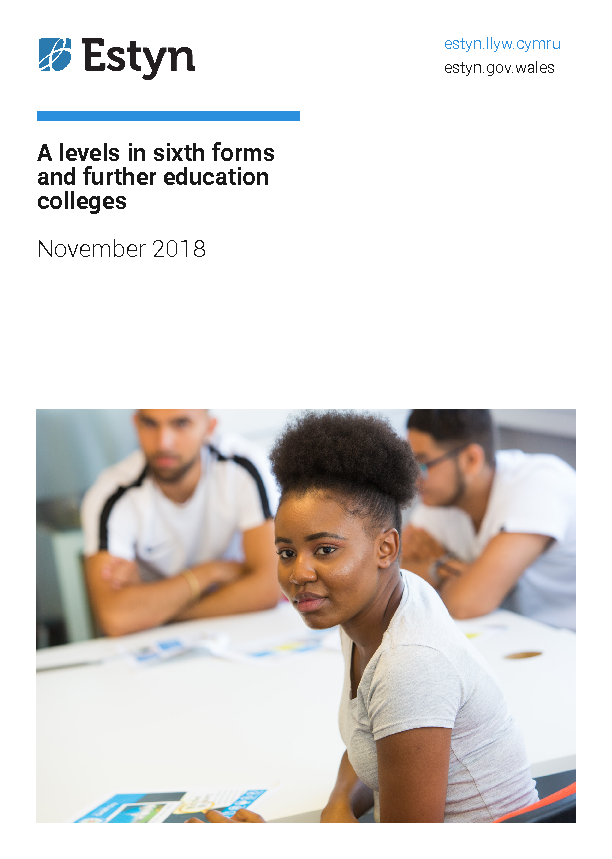
Schools and colleges should:
The Welsh Government should:
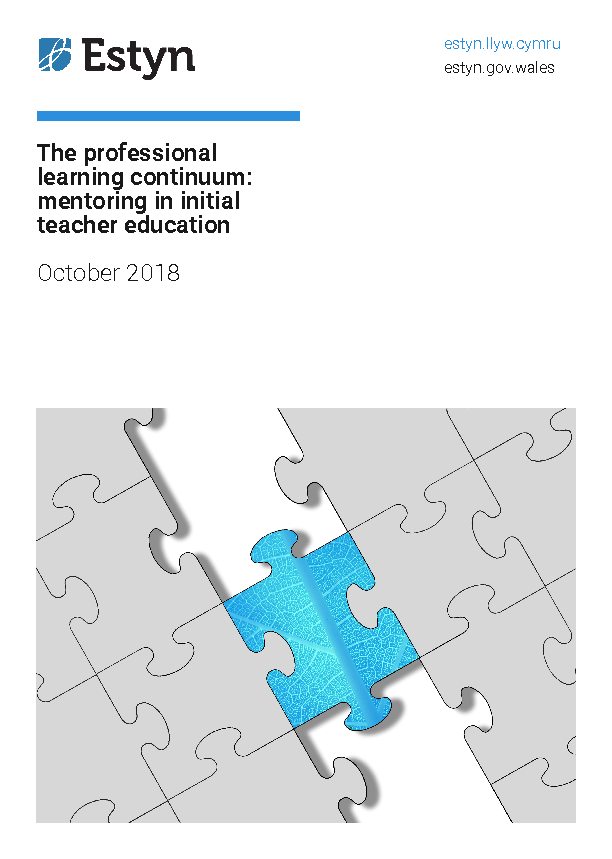
ITE partnership schools should:
Universities should:
Welsh Government should:
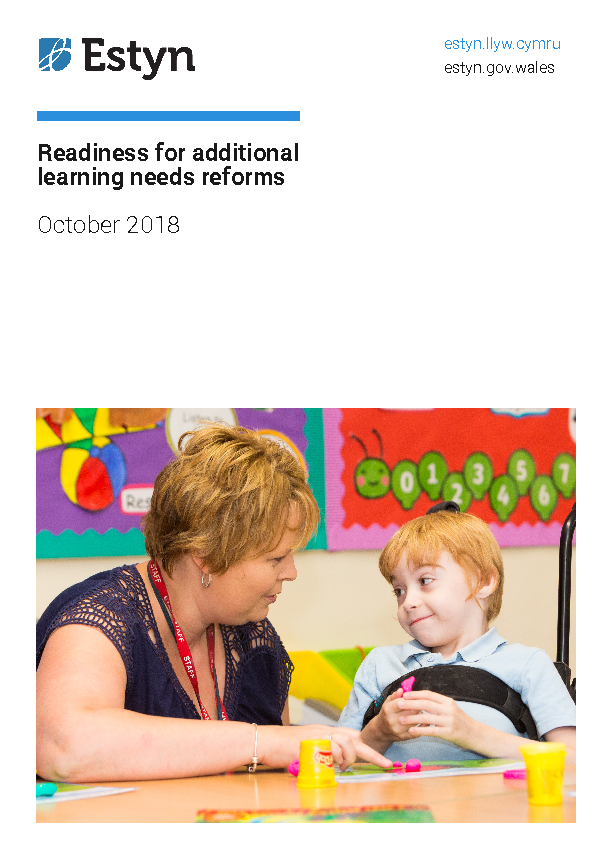
Local authorities, regional consortia and schools should:

Work-based learning providers should ensure that:
The Welsh Government should:
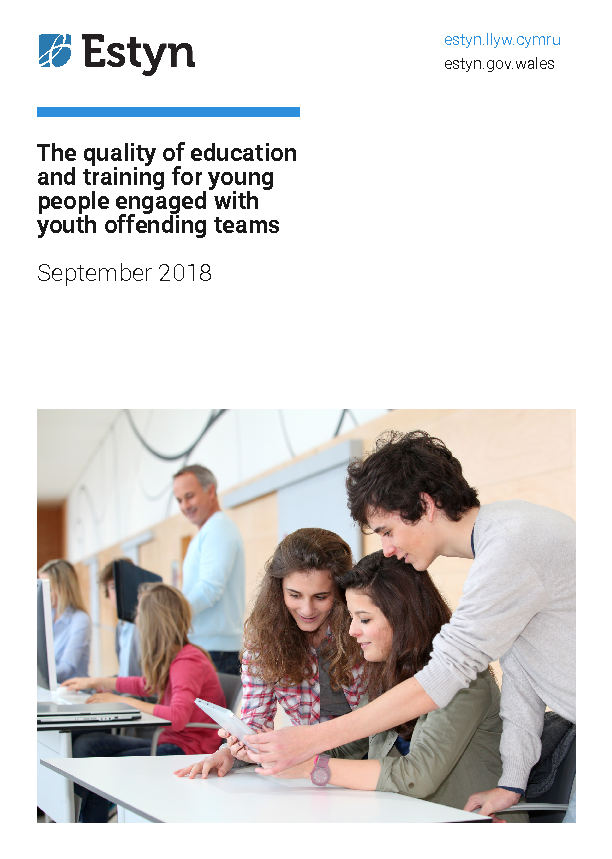
Local authorities and YOTs should: